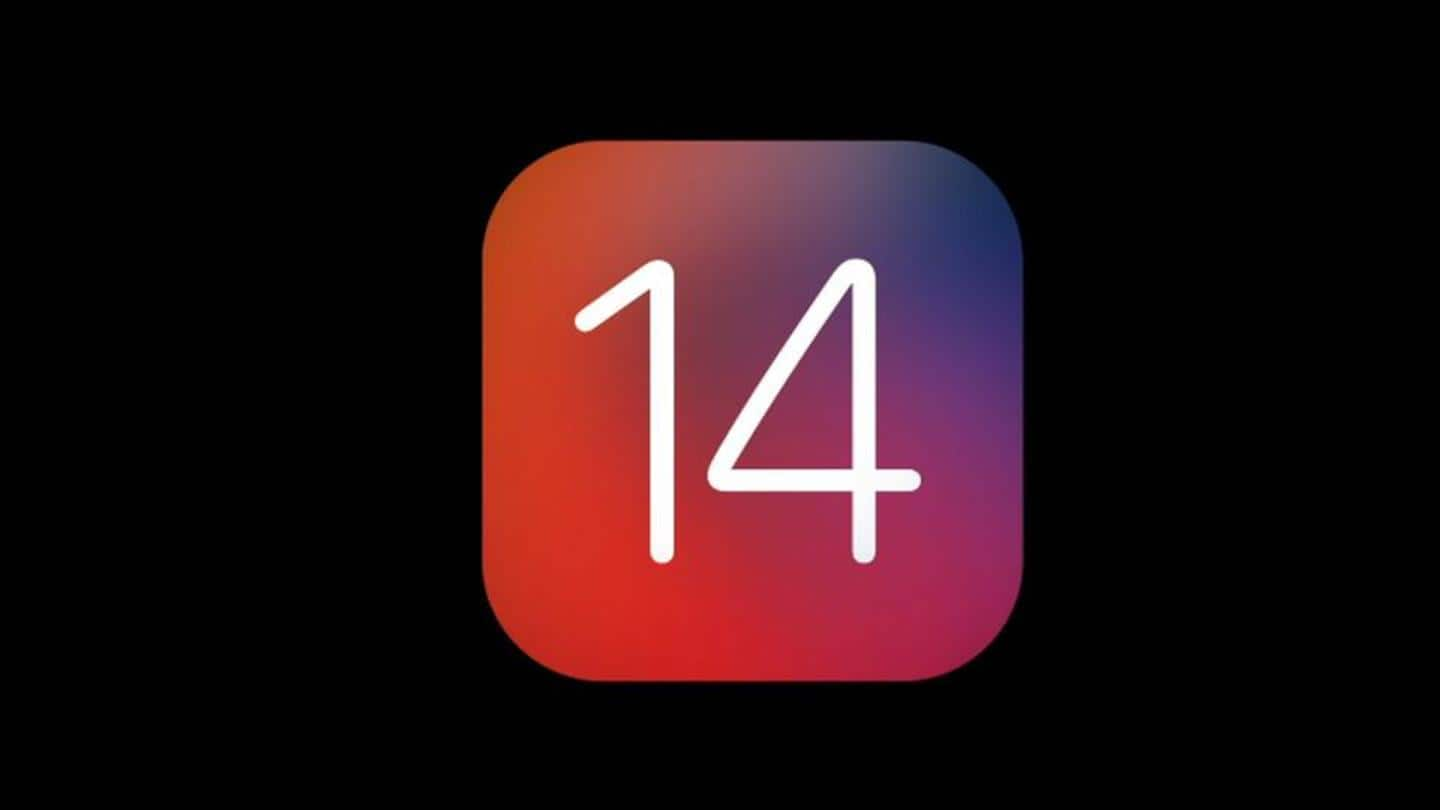
Here's how iOS 14 will make your iPhone more private
What's the story
From PiP mode to the new Siri, Apple's iOS 14 is brimming with handy, thought-through features.
We have already discussed most of these capabilities, but many wonder about the privacy-related features of the OS.
Well, there are some notable improvements on the privacy front, too, things that will give you more control over your data.
Let's take a look at them.
Feature #1
Ability to share proximate location
Privacy advocates have long raised concerns over data collection capabilities of apps and how that could be exploited by threat actors to target people.
To allay these fears, Apple is bringing an option to share proximate location with apps, which will give them a rough estimate of where you are instead of precise location data showing your exact whereabouts.
Feature #2
Privacy summary on the Apple App Store
Most of us don't go through the privacy policy of apps while downloading or using them.
Now, to change this and give a clear idea of the information an app will mine, Apple will require developers to submit a short 'privacy summary'.
This will appear as a label on an app's App Store listing, telling potential users what data exactly it will collect/use.
Feature #3
Indicator for camera and audio recording
Given that video conferences are on the rise, Apple has also introduced indicators to let you know when the camera or microphone of your iPhone is on.
It will appear as an orange dot on the status bar, immediately signaling that some app, either in the foreground or background, is recording. Then, according to the situation, you can close the app or continue.
Feature #4
Privacy improvements for Photos, Safari
The tech giant is also bringing some privacy-focused changes to Safari and Photos apps of iOS.
The former brings enhanced permissions, where apps requesting access to the Photos app could only be allowed to access select photos rather than the entire library.
Meanwhile, Safari is getting a 'Privacy report' button, which will let you see and block all third-party trackers on a website.
Feature #5
Opting-in for ad-targeting instead of opting-out
Finally, Apple is also changing how tracking and ad-targeting works on iOS.
Specifically, instead of requiring users to opt-out of personalized ad-targeting, Apple will ask apps to request permission to track their users across apps/websites of other companies for ad-targeting.
If allowed, they can track and show personalized adverts; if not, tracking will be restricted and no data will be shared with advertisers.